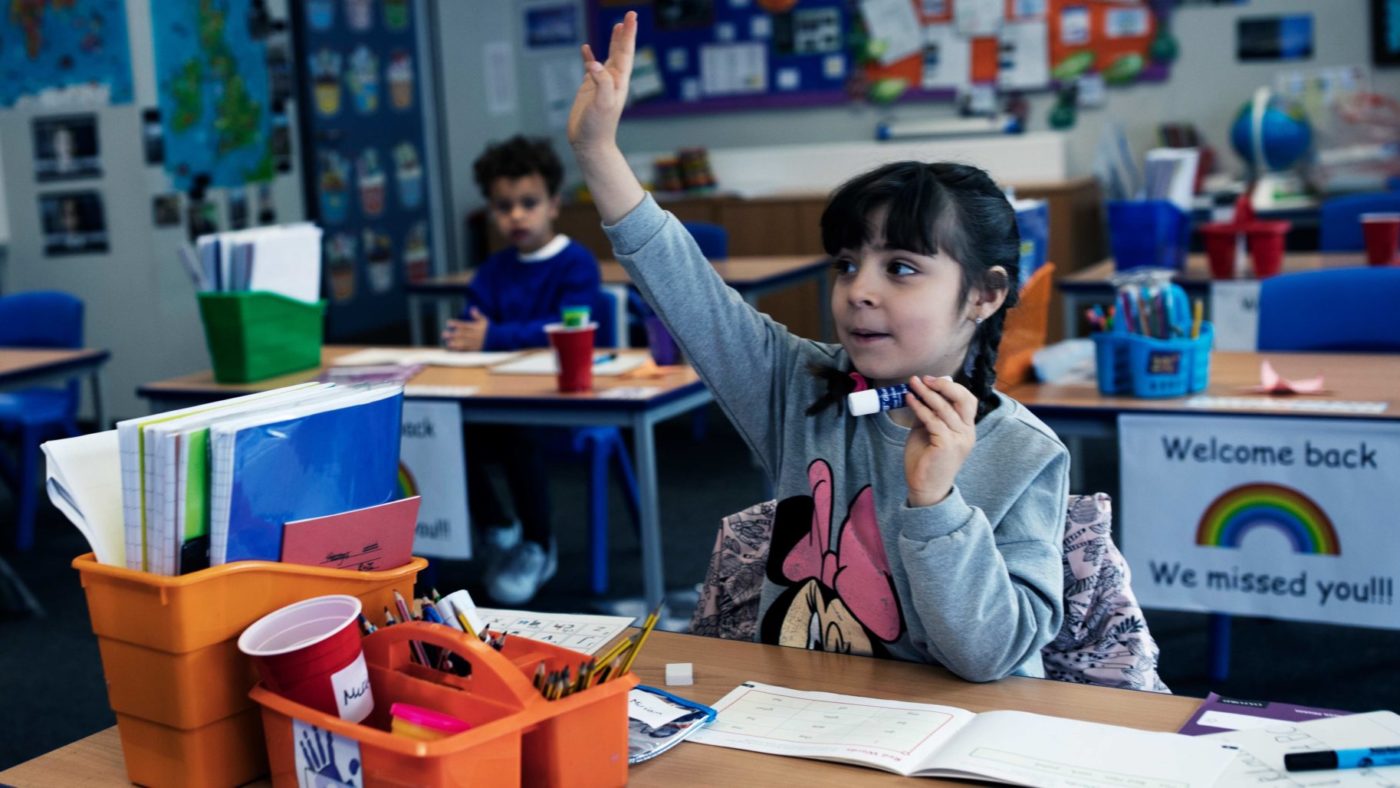When I last wrote about the battle over re-opening schools, I highlighted the significance of the fact that it was the major academy chains who were the strongest supporters of the Government’s proposals.
This detail was a reminder of the difference structural reforms to the education sector can make – and how unfortunate it is that the Conservatives have allowed their initial energy on this front to peter out after ten years in office.
But not even the academies seem to match the zeal of the private schools, many of which have signalled this week that they will press ahead with re-opening in September with or without the Government’s blessing. Some are even planning to implement their own trace-and-track systems.
Even allowing for the fact that the average independent school will have more resources for such initiatives, there is still a clear contrast between a sector which is fighting tooth and nail to re-open and its state counterpart, too much of which is engaged in a fierce trade union-led effort to remain closed.
As in most other areas of the economy, there’s an obvious motivation for this divided approach, with many private schools facing extremely challenging financial circumstances if they remain closed. Some projections warn that almost a third could go bust.
This prospect ought to deeply concern even Boris Johnson’s newly-minted, more working-class Conservative Party.
Since the first major eruption of ‘progressive’ education in the Sixties, the independent sector has been a guardian of the British educational tradition. Alongside the hold-out grammar schools, they have maintained the template – a house system, strong academic focus, and so on – to which successive education secretaries have endeavoured, with mixed success, to return.
Independent schools have also provided an important yardstick against which the orthodoxies and initiatives of ‘the Blob’ (which is famously antipathetic to such assessment) can be measured. Even where progressive educators do manage to scrap things such as league tables and standardised testing, it is usually still possible to determine whether state schools are performing better or worse vis-à-vis their private counterparts than before the latest fad was introduced.
Not for nothing did Michael Gove, the most energetic Tory education reformer of modern times, suggest that his preferred method of getting rid of independent schools would be to render the decision to pay for them “eccentric” because of the raised standards of state schools, and at least one private school has indeed since fought to get ‘nationalised’.
It also obviously helps the education budget go further if tens of thousands of pupils are being taken out of the state’s arms and educated at their parents’ expense.
But to defend private schools purely on the grounds of what service they render the state, as ministers are often urged to do with regards to their charitable status, is to fall into a trap of the Left’s making.
Conservatives ought to recognise that many independent schools, if not all of them, are valuable n their own terms. Each one is a ‘little platoon’, a community united not only around a clear purpose but by a unique history and set of traditions. It would be a tragedy if, like the friendly societies and workingmen’s libraries before them, such irreplaceable institutions were to wither away beneath an overweening ministerial ambition that the state do all that need be done.
Even ministers who don’t share this view – such as Gove – ought to recognise the dangers of shuttering the independent sector. If the Tory education revolution is ever completed, having at least part of the system beyond the immediate reach of ministers and unions will still be valuable. In politics, no victory is permanent.
What’s more, the battle over reopening after lockdown ought to prompt ministers to think again about the value of schools having a financial incentive to be ‘doing business’.
Rather than aspiring towards the eventual triumph of the state sector over the private, then, the Government ought to be looking at more ways of bridging the gap between the two – and perhaps dissolving it altogether.
On the one hand, this could mean more independent schools following Liverpool College into the state sector (in the process creating one of England’s very few publicly-funded boarding schools, a clear example of where the private sector has maintained a more diverse provision model than the state). It could also mean more partnerships between private schools and nearby state schools (as John Claughton advocated on CapX last year).
But it might also mean looking again at the strict ban on free schools being run for profit, as they can be in Sweden, and investigating other models such as low-cost private schools and allowing parents to put their share of the education budget towards fees.
This is not Gove’s vision of an end to private schools. But it is perhaps a better realisation of the logic of the free school and academy movement: a system where every school is an independent school, with the State’s watchdogs policing quality and access.
Click here to subscribe to our daily briefing – the best pieces from CapX and across the web.
CapX depends on the generosity of its readers. If you value what we do, please consider making a donation.


